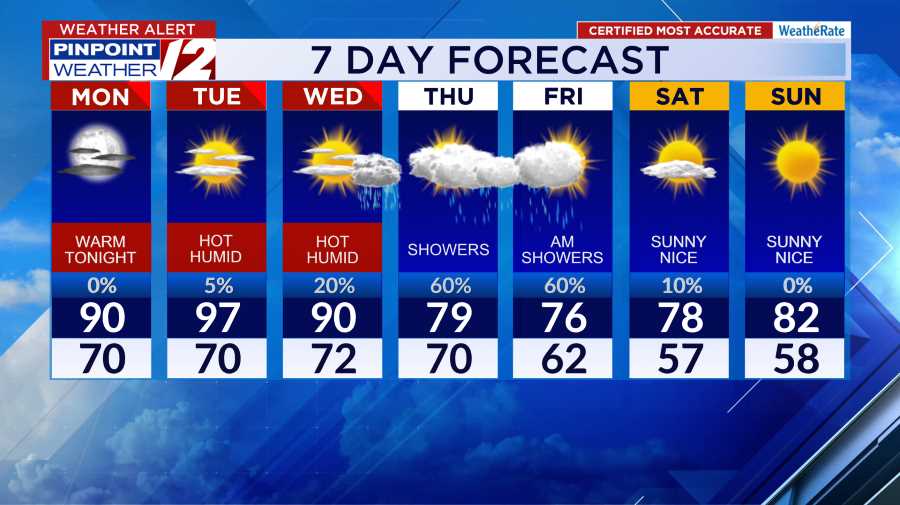WEST WARWICK, R.I. (WPRI) — The Rhode Island Department of Health has confirmed the person who contracted Eastern Equine Encephalitis in West Warwick died from the disease sometime Sunday.
The Health Department said the person – who is over 50 years of age – is the state’s first death from EEE since 2007.
When health officials first confirmed the case August 30, the person was said to be in critical condition. That initial news came just days after a Fairhaven woman died after contracting the disease.
The news of the death comes as Rhode Island is preparing for a second night of aerial spraying to combat the mosquito population in four areas the state has determined to be at critical risk for EEE.
FACT SHEET: Mosquito-Borne Illness Signs & Prevention »
On Sunday night and early Monday morning, spraying was done in all of West Warwick and parts of Coventry, Cranston, Warwick, East Greenwich, and West Greenwich; as well as all of Central Falls, Pawtucket, and North Providence and parts of Providence, East Providence, Smithfield, Lincoln, and Cumberland.
Health officials said spraying in northern Rhode Island (parts of Burrillville, North Smithfield, and Woonsocket) was not completed on Sunday night due to falling temperatures. (The effectiveness of spraying is limited when the temperature falls below 58 degrees.) Health officials said spraying in these northern areas, and parts of southern Rhode Island (parts of Westerly, Hopkinton, and Charlestown) is planned for Monday night into Tuesday morning.
State officials said the product being sprayed is being used at very low concentrations and no adverse health risks are expected with its use. However, they urge people in the treatment areas to close their windows and limit time outside as a precaution. More information on health and spraying is available here. For FAQs on the impact of spraying on pets and livestock, click here.
The state also dropped larvacide on several swampy areas across the state Friday hoping to prevent immature mosquitoes from developing into adults.
Health officials and the Department of Environmental Management said the best way to avoid contracting EEE is to take steps to prevent mosquito bites. And urges communities to continue to practice smart scheduling by rescheduling outdoor activities outside of peak mosquito hours.




















